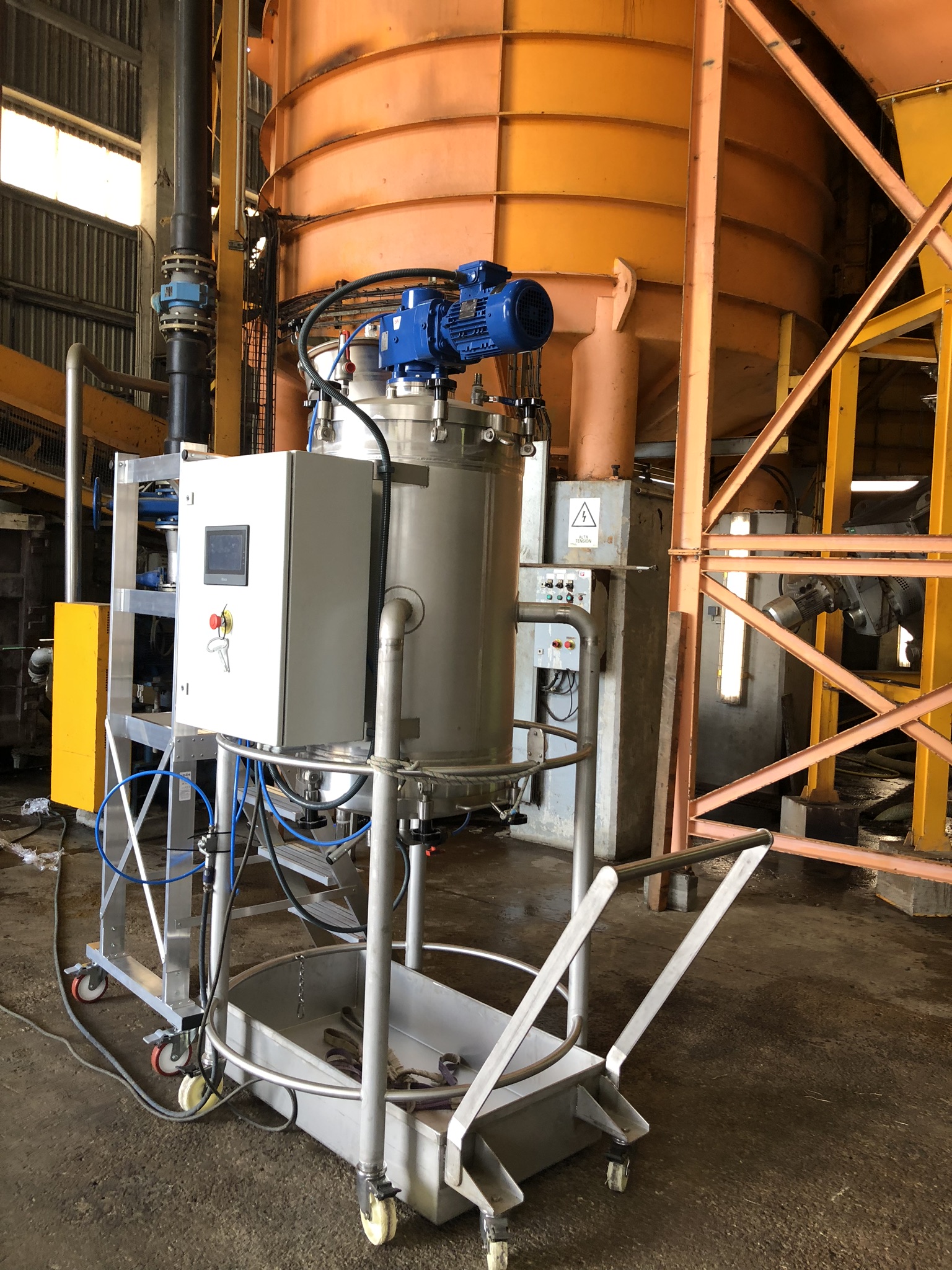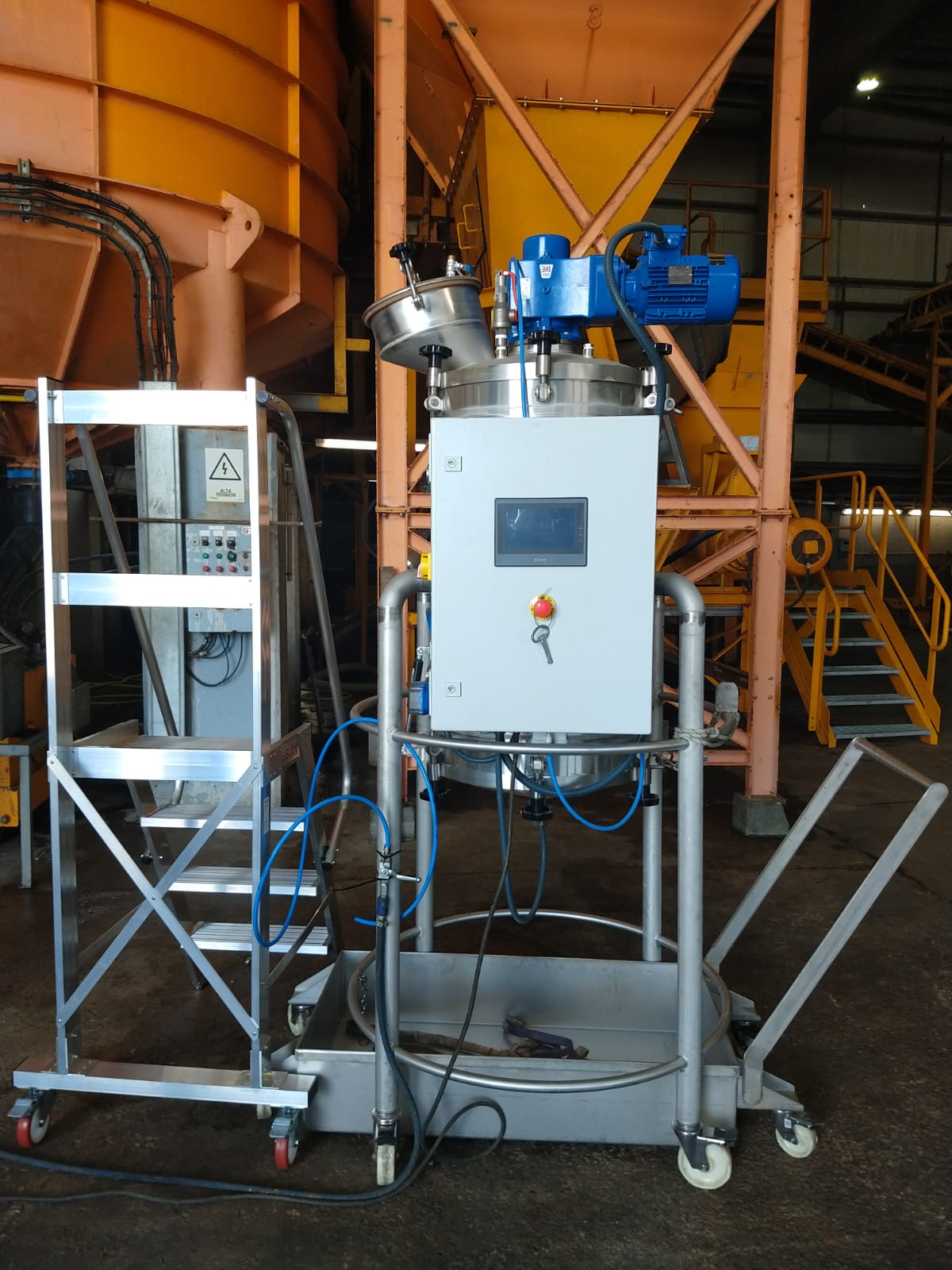Presenting the treatments
Solid State Fermentation
Solid State Fermentation is the biodegradation of solid organics into value products such as enzymes, biosurfactants or bioplastics. For instance, composting is a type of SSF. The DECISIVE project is willing to develop an eco-innovative SSF process to recover the digestate produced in micro-AD plants, thus giving more value to this digestate. One of the objectives is to come up with valuable products for urban farms, hence pushing forward local food production in order to close the biomass loop in urban centres.
The by-products targeted by DECISIVE are the following:
- Biopesticides: The stabilised solids with biopesticide properties can be used directly in soils as both organic amendment and biopesticide. Also biopesticides can be extracted from the fermented solids and used directly as the liquid extract (liquid biopesticide, easy to be applied and suitable for hydroponic crops). Local use in local agriculture or urban gardens.
- Enzymes: They can be obtained as crude extracts and more or less purified depending on the use. Local use: in local business producing cleaning products; in local bioremediation processes; used in specific industries such as leather industry for enzymatic dehairing of hides (for example it is a strong local industry in Catalonia) for instance. The crude extracts can also be used to enhance the AD process.
- Biosurfactants: Biosurfactants will be extracted and purified to a pure product. This can be performed with water and membranes to avoid using organic solvents. They can be used in local industries for cleaning products and cosmetics.
- Bioethanol: Ethanol will be recovered by distillation. Local use as fuel or solvent in local industries.


